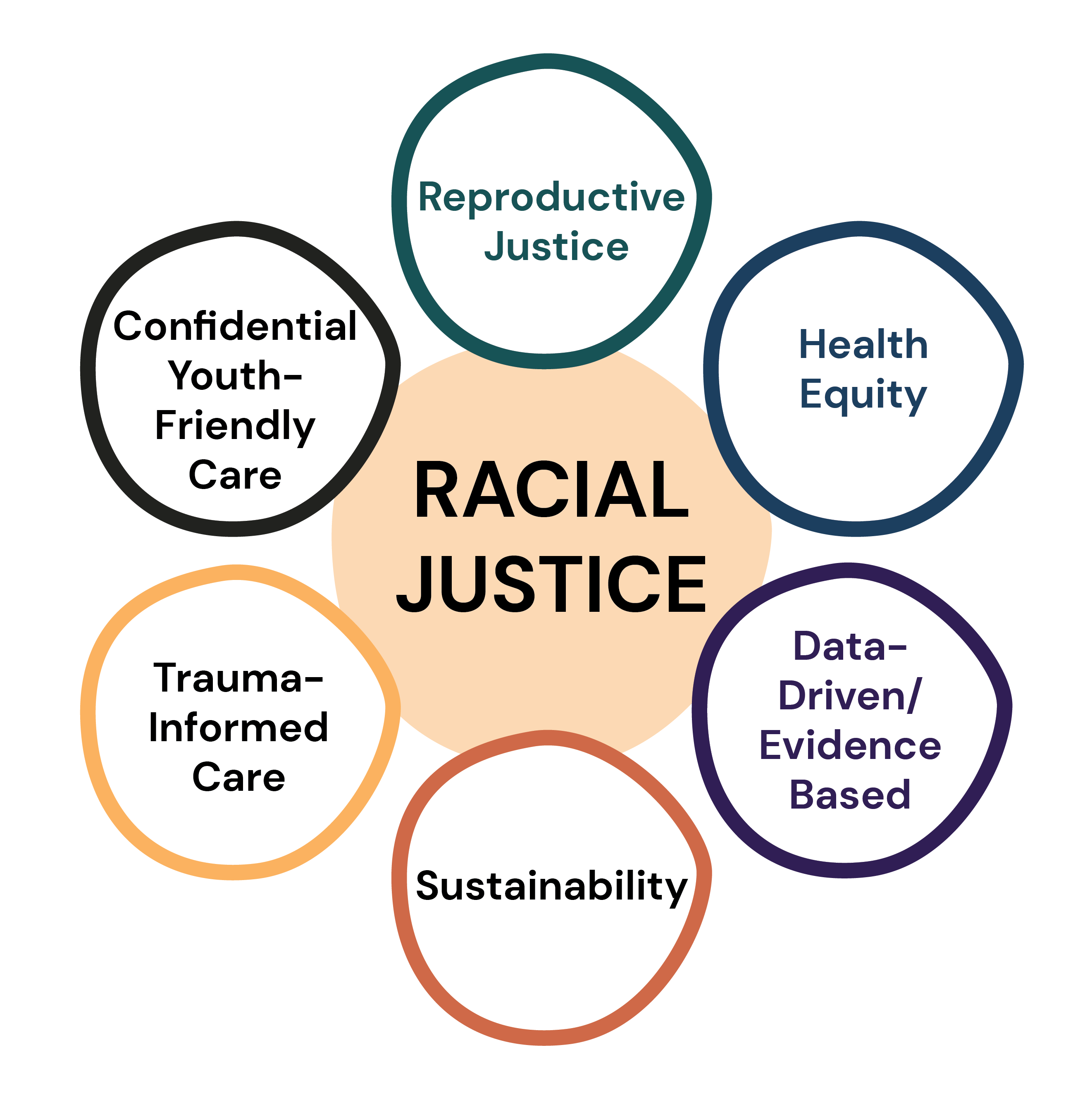About Us
Massachusetts Sexual and Reproductive Health Training Center
With funding from the Massachusetts Department of Public Health Sexual and Reproductive Health Program (SRHP), the Massachusetts Sexual and Reproductive Health Training Center provides training, technical assistance, and resources to SRHP clinicians, administrators, support staff, and other SRH professionals as they manage the complex health, medical, and social determinants of health issues faced by clients seeking SRH services in the Commonwealth.
Massachusetts Department of Public Health Sexual and Reproductive Health Program (SRHP)
The SRHP aims to reduce unintended pregnancy and sexually transmitted infection rates by improving access to high-quality education, outreach, and clinical services through a statewide provider network and related special projects.
The SRHP catalyzes sexual and reproductive health clinical service providers to deliver high-quality, affordable health care at scale for the almost 400,000 people who are left out of—or not adequately served by—the Massachusetts healthcare delivery system.


SRHP Core Values
The SRHP has broadened its scope to better reach people at disproportionate risk for negative health outcomes. The Core Values in the graphic below are the foundation of the SRHP and the SRH Training Center. Contracted agencies are expected to reflect these values throughout their work.
We know that health occurs in the context of individual, interpersonal, institutional, community, and public policy-related factors. There are dramatic health inequities by race/ethnicity, which can be attributed to institutional racismInstitutional Racism is discriminatory treatment, unfair policies and practices, and inequitable opportunities and impacts within organizations and institutions that are based on race.
and structural racismStructural Racism is bias across institutions and society over time. It is the cumulative and compounded effects of an array of factors, including public policies, institutional practices, cultural representations, and other norms that work in various, often reinforcing, ways to perpetuate racial inequity. The SRHP is committed to achieving health equity by promoting racial justice and addressing institutional and structural racism. Along with the Core Values depicted below, these principles guide SRH program development and service delivery.
Definitions of SRHP Core Values
Racial Justice
Racial Justice is “the systematic fair treatment of people of all races, resulting in equitable opportunities and outcomes for all. Racial justice—or racial equity—goes beyond ‘anti-racism.’ It is not just the absence of discrimination and inequities, but the presence of deliberate systems and supports to achieve and sustain racial equity through proactive and preventative measures.” Source
Reproductive Justice
Reproductive Justice is “the human right to maintain personal bodily autonomy, have children, not have children, and parent children in safe and sustainable communities. It is a political movement that brings together reproductive rights with social justice.” Source
Health Equity
Health Equity is “the attainment of the highest level of health for all people. Achieving health equity requires valuing everyone equally with focused and ongoing societal efforts to address avoidable inequalities, historical and contemporary injustices, and the elimination of health and health care disparities.” Source
Data-Driven/Evidence-Based
Sustainability
Trauma-Informed Care
Trauma-Informed Care: “A trauma-informed program realizes the widespread impact of trauma and understands potential paths for recovery; recognizes the signs and symptoms of trauma in clients, families, staff, and others involved with the system; responds by fully integrating knowledge about trauma into policies, procedures, and practices; and seeks to actively resist re-traumatization.” Source
